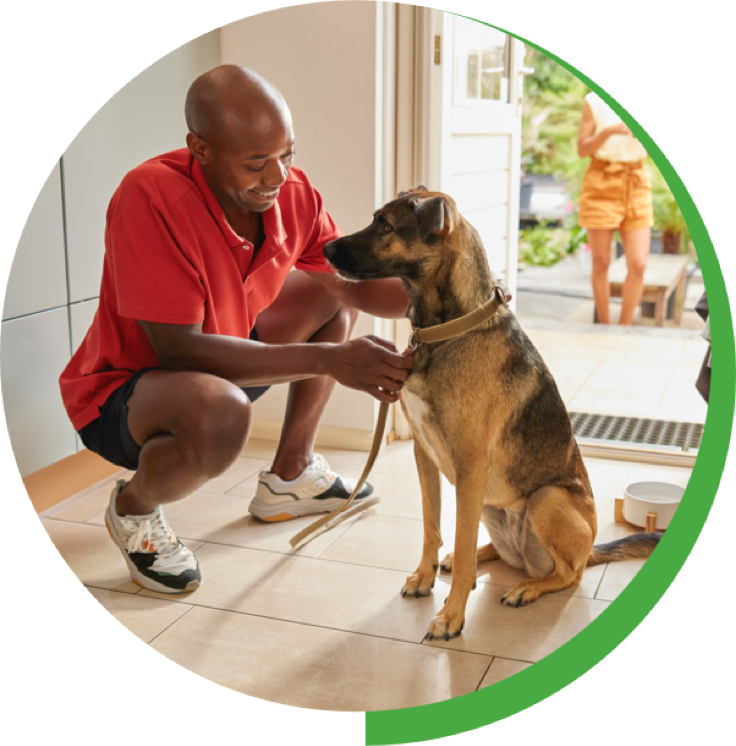SAFETY SUMMARY
Warnings -
Taltz affects the immune system. It may increase your risk of infections, which can be serious. Do not use Taltz if you have any symptoms of infection, unless your doctor tells you to. If you have a symptom after starting Taltz, call your doctor right away.
Your doctor should check you for tuberculosis (TB) before you start Taltz, and watch you closely for signs of TB during and after treatment with Taltz. If you have TB, or had it in the past, your doctor may treat you for it before you start Taltz.
Do not use Taltz if you have had a serious allergic reaction to ixekizumab or any other ingredient in Taltz, such as: swelling of your eyelids, lips, mouth, tongue or throat, trouble breathing, feeling faint, throat or chest tightness, or skin rash. Get emergency help right away if you have any of these reactions. See the Medication Guide that comes with Taltz for a list of ingredients.
Crohn’s disease or ulcerative colitis (inflammatory bowel disease) can start or get worse with Taltz use. Tell your doctor if you have any of these symptoms or if they get worse: stomach pain, diarrhea, and weight loss.
You should not get live vaccines while taking Taltz. You should get the vaccines you need before you start Taltz.
Common side effects
The most common side effects of Taltz include:
- Injection site reactions
- Nausea
- Upper respiratory infections
- Fungal skin infections
Tell your doctor if you have any side effects. You can report side effects at 1-800-FDA-1088 or www.fda.gov/medwatch.
Before using
Before you use Taltz, review these questions with your doctor:
❑ Are you being treated for an infection?
❑ Do you have an infection that does not go away or keeps coming back?
❑ Do you have TB or have you been in close contact with someone with TB?
❑ Do you have possible symptoms of an infection such as fever, cough, sores, diarrhea, or other symptoms? Ask your doctor about other possible symptoms.
❑ Do you have Crohn’s disease or ulcerative colitis?
Tell your doctor if:
❑ You need any vaccines or have had one recently.
❑ You take prescription or over-the-counter medicines, vitamins, or herbal supplements.
❑ You are pregnant or planning to become pregnant. It is not known if Taltz can harm an unborn baby. Pregnancy Exposure Registry: There is a pregnancy registry to collect information about women who are exposed to Taltz during pregnancy. The purpose of this registry is to collect information about the health of you and your baby. If you become pregnant while taking Taltz, you are encouraged to enroll in the pregnancy registry by calling 1-800-284-1695 or by visiting online at http://www.pregnancyregistry.lilly.com.
❑ You are breastfeeding or planning to breastfeed. It is not known if Taltz passes into breastmilk.
How to take
See the instructions for use that come with Taltz. There you will find information about how to store, prepare, and inject Taltz. Adults may self-inject after receiving training from a healthcare provider.
For children 6 to 17 years of age:
- If your child’s healthcare provider decides that you may give Taltz injections at home, you should receive training on the right way to prepare and inject Taltz. Do not try to give Taltz to your child until you have been shown how to inject Taltz. Children should not inject themselves with Taltz. You or an adult caregiver should prepare and give Taltz injections to your child.
Learn more
Taltz is a prescription medicine. For more information, call 1-800-545-5979.
This summary provides basic information about Taltz but does not include all information known about this medicine. Read the information that comes with your prescription each time your prescription is filled. This information does not take the place of talking with your doctor. Be sure to talk to your doctor or other healthcare provider about Taltz and how to take it. Your doctor is the best person to help you decide if Taltz is right for you.
IX CON BS 02FEB2024
Taltz® and its delivery device base are trademarks owned or licensed by Eli Lilly and Company, its subsidiaries, or affiliates.





